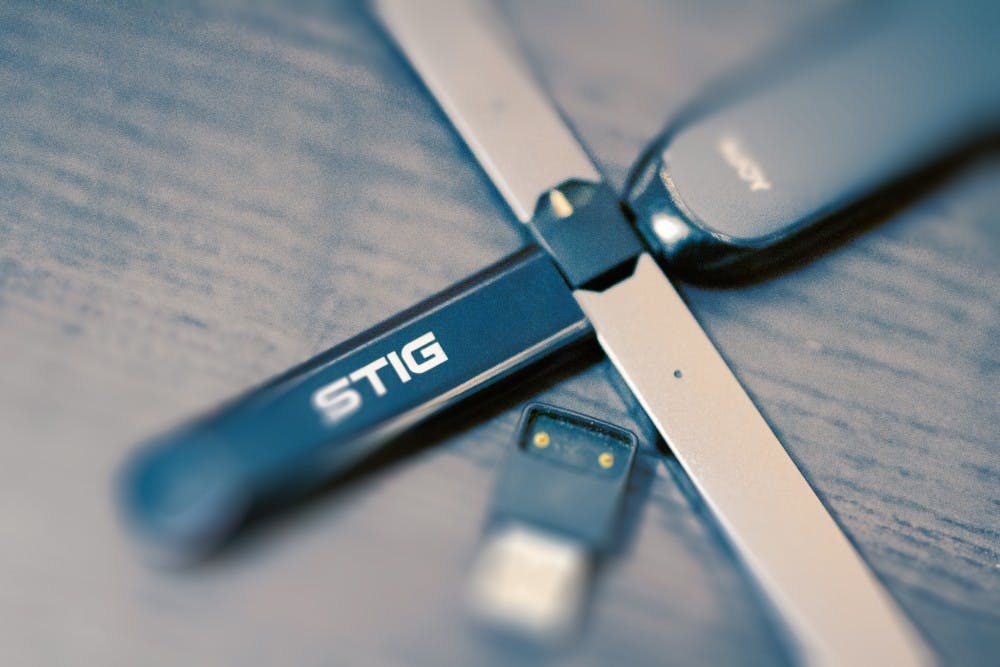
A new bill introduced in Philadelphia’s City Council could work towards limiting underage access to e-cigarettes, CBS Philly reported.
While e-cigarette manufacturers like Juul claim their product is targeted toward adults attempting to quit smoking, many assert that the intended audience is, in reality, teenagers.
The new bill would substantially limit e-cigarette sales in stores that allow children and teenagers to enter, such as gas stations and convenience stores. These stores would have to limit their offerings to products with no added flavoring and no more than 20 milligrams of nicotine per millimeter of fluid.
However, flavored and high-nicotine products would still be available in specialized tobacco or vaping stores that do not allow minors to enter.
“We’re basically saying you can’t sell those products except in adult-only facilities where children can’t come in at all under 18,” Philadelphia City Councilmember William Greenlee, who introduced the bill, told CBS Philly.
The bill primarily addresses the appeal of flavored e-cigarettes with candy-like flavors that entice minors. A Penn Medicine study found there is an increased risk of regular e-cigarette use among minors who use flavored products their first time vaping.
Juul has faced much public scrutiny, including at the federal level, over its marketing practices. The company announced Thursday that it plans to immediately stop selling all flavors of its pods other than tobacco, mint, and menthol in preparation for a ban on flavored tobacco products from President Donald Trump's administration.
The bill could become law as soon as December since it is currently being expedited through the City Council. If the bill passes, businesses that do not follow the rules would be fined $250, the existing penalty for environmental health violations.
“There’s a problem out there; there’s a health problem. It’s heavily affecting young people. I think when there’s a problem, the government has a responsibility to step in,” Greenlee told CBS Philly.
The Daily Pennsylvanian is an independent, student-run newspaper. Please consider making a donation to support the coverage that shapes the University. Your generosity ensures a future of strong journalism at Penn.
Donate




